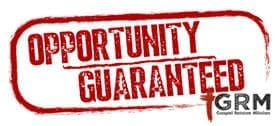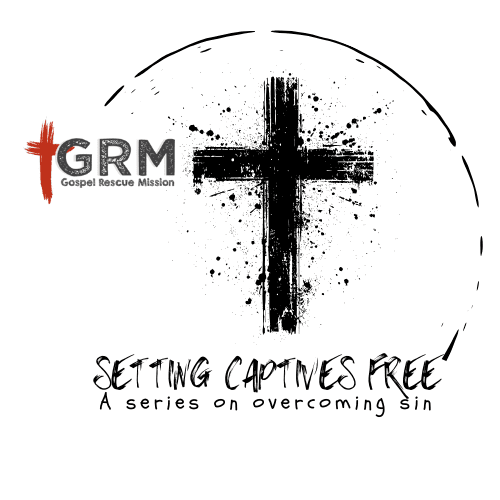Proposal: Marketing a Church to Reach Those Trapped in Addiction
Introduction
Addiction is a pervasive issue that affects individuals, families, and communities. The church, with its message of hope and redemption, is uniquely positioned to offer support and healing to those struggling with addiction. This proposal outlines a comprehensive marketing strategy to reach individuals trapped in addiction, leveraging the church’s resources, community, and message of faith.
Understanding the Target Audience
Demographics and Psychographics:
Age Range: Primarily adults aged 18-50
Gender: Both male and female
Psychographics: Individuals struggling with addiction often experience feelings of shame, isolation, and hopelessness. They may also have a history of trauma, mental health issues, or broken relationships.
Needs and Challenges:
Emotional Support: Many individuals in addiction need a supportive community that offers unconditional love and acceptance.
Spiritual Guidance: A desire for spiritual healing and a connection with a higher power.
Practical Resources: Access to counseling, addiction recovery programs, and other support services.
Crafting the Message
Core Message:
Hope and Redemption: Emphasize the church’s message of hope, redemption, and transformation through Jesus Christ.
Non-Judgmental Support: Highlight the church’s commitment to providing a non-judgmental and supportive environment.
Community and Belonging: Promote the sense of community and belonging that the church offers.
Scriptural Foundation:
Matthew 11:28: “Come to me, all you who are weary and burdened, and I will give you rest.”
1 Corinthians 10:13: “No temptation has overtaken you except what is common to mankind. And God is faithful; he will not let you be tempted beyond what you can bear.”
Marketing Channels and Strategies
Digital Marketing:
Website: Create a dedicated section on the church’s website focused on addiction recovery. Include resources, testimonials, and information about support groups and counseling services.
Social Media: Use platforms like Facebook, Instagram, and Twitter to share inspirational stories, scripture verses, and information about upcoming events and support groups.
Email Campaigns: Develop a series of email newsletters that provide encouragement, resources, and updates on church activities related to addiction recovery.
Community Outreach:
Partnerships: Collaborate with local addiction recovery centers, hospitals, and social services to reach individuals in need.
Events: Host community events such as addiction recovery workshops, support group meetings, and prayer vigils. These events can provide a safe space for individuals to seek help and connect with others.
Flyers and Posters: Distribute flyers and posters in strategic locations such as community centers, libraries, and coffee shops.
Traditional Media:
Local Newspapers and Magazines: Write articles and press releases about the church’s addiction recovery programs and success stories.
Radio and TV: Utilize local radio and TV stations to share testimonies and promote church events focused on addiction recovery.
Creating a Welcoming Environment
Training Church Members:
Sensitivity Training: Provide training for church members on how to interact with individuals struggling with addiction in a compassionate and non-judgmental manner.
Volunteer Opportunities: Encourage members to volunteer in addiction recovery programs, offering their time and support to those in need.
Support Groups:
Celebrate Recovery: Implement programs like Celebrate Recovery, which is a Christ-centered recovery program designed to help individuals overcome addiction.
Accountability Groups: Establish small accountability groups where individuals can share their struggles and victories in a safe and supportive environment.
Counseling Services:
Professional Counseling: Offer access to professional counseling services for individuals and families affected by addiction.
Peer Counseling: Train church members to provide peer counseling, offering support and encouragement from a faith-based perspective.
Measuring Success
Key Performance Indicators (KPIs):
Attendance: Track attendance at addiction recovery events and support group meetings.
Engagement: Monitor engagement on social media platforms and the church’s website.
Feedback: Collect feedback from participants in addiction recovery programs to assess their satisfaction and identify areas for improvement.
Success Stories:
Testimonies: Share success stories and testimonies of individuals who have overcome addiction through the church’s support. These stories can inspire others and demonstrate the effectiveness of the church’s programs.
Budget and Resources
Budget Allocation:
Digital Marketing: Allocate funds for website development, social media advertising, and email marketing tools.
Community Outreach: Budget for event planning, promotional materials, and partnership initiatives.
Training and Support: Invest in training programs for church members and professional counseling services.
Resource Utilization:
Volunteers: Leverage the skills and talents of church members to support addiction recovery initiatives.
Donations: Encourage donations from the congregation and community to fund addiction recovery programs and services.
Conclusion
Reaching individuals trapped in addiction requires a compassionate and strategic approach. By leveraging the church’s message of hope and redemption, utilizing various marketing channels, and creating a supportive environment, the church can effectively reach and support those struggling with addiction. This proposal outlines a comprehensive strategy to market the church’s addiction recovery programs, ultimately helping individuals find healing and transformation through faith.


